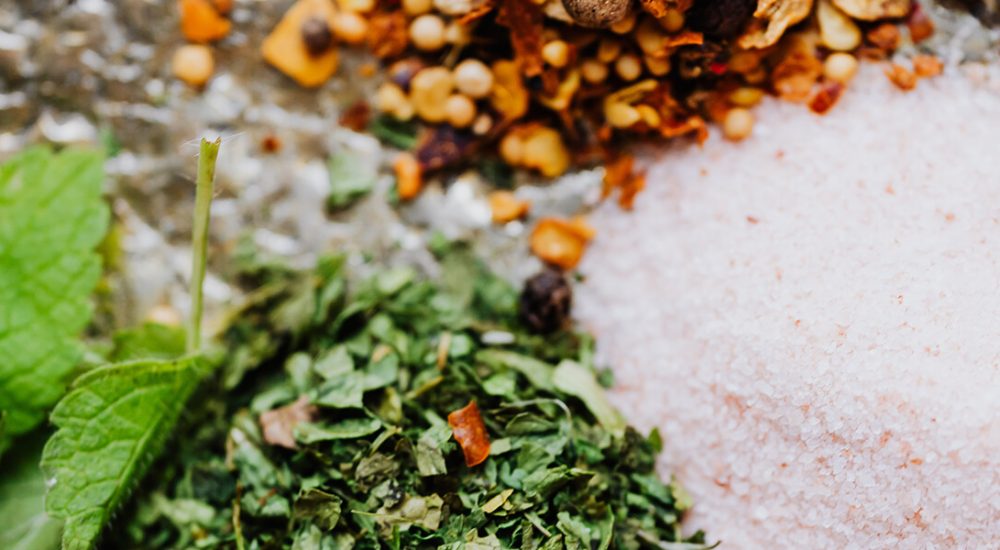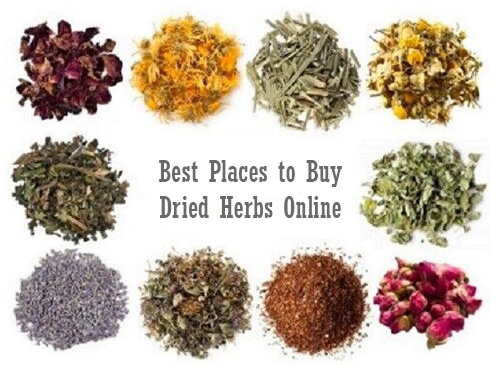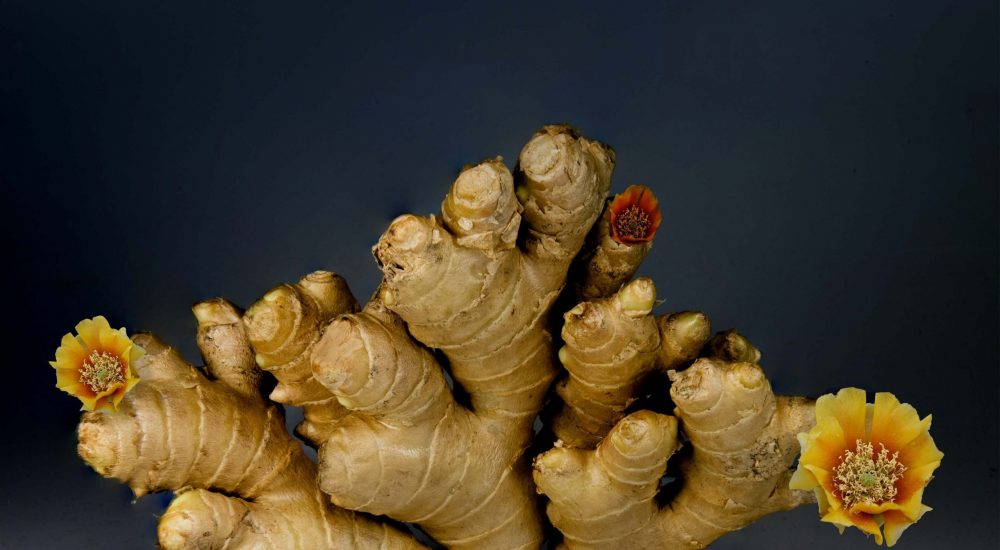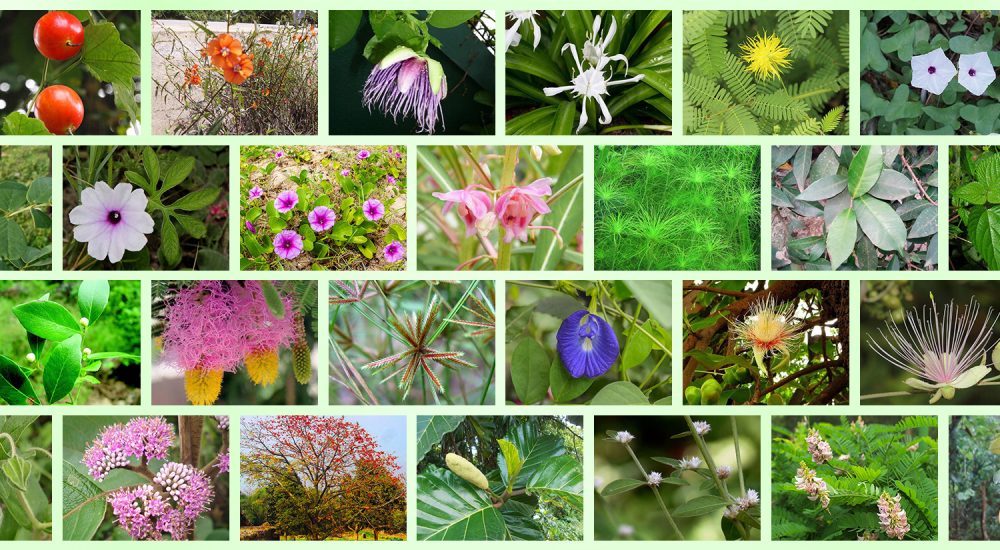Dried herbs are a convenient and versatile addition to any kitchen. Whether you're a culinary…

How to import herbs from Sri Lanka?
To import herbs from Sri Lanka, you would need to follow certain procedures and requirements. Here are the general steps involved:
- Research import regulations: Begin by researching the import regulations of your country to understand the specific requirements for importing herbs from Sri Lanka. Contact the customs authorities or relevant government agencies to obtain information on permits, certifications, labeling, and packaging standards.
- Identify reputable suppliers: Find reputable herb suppliers in Sri Lanka who can provide the herbs you are interested in importing. Conduct thorough research and due diligence to ensure their credibility, adherence to quality standards, and compliance with regulations. Request samples and certifications to verify the quality and authenticity of the herbs.
- Obtain necessary permits and certifications: Depending on the herbs you intend to import, you may need to obtain permits and certifications. In Sri Lanka, the Export Development Board (EDB) and the Department of Export Agriculture are responsible for regulating and facilitating herb exports. Work closely with your supplier to ensure they provide the necessary export permits and any other required certifications.
- Packaging and labeling: Ensure that the herbs are properly packaged and labeled according to the regulations of your country. This may include labeling requirements for ingredients, country of origin, lot numbers, expiration dates, and any health or safety warnings. Follow the specific labeling guidelines provided by the authorities in your country.
- Arrange shipping and logistics: Coordinate the transportation of the herbs from Sri Lanka to your destination. Consider factors such as transportation method (air, sea, land), shipping documentation, insurance, and customs procedures. Engage a reliable freight forwarder or customs broker experienced in handling imports from Sri Lanka to assist with logistics and ensure smooth transit.
- Customs clearance and compliance: Prepare all the required documentation for customs clearance in your country. This includes invoices, permits, certifications, and shipping documents. Ensure compliance with customs procedures, declarations, and any applicable taxes or duties. Work closely with your customs broker or seek guidance from customs authorities to facilitate the import process correctly.
- Quality control and storage: Conduct quality control checks upon receiving the imported herbs to ensure they meet your standards. Inspect the packaging, labeling, and overall condition of the herbs. Properly store the herbs in suitable conditions, following any specific storage requirements to maintain their quality and shelf life.
It is crucial to stay up-to-date with the latest regulations and requirements related to herb imports from Sri Lanka. Consult with customs authorities and seek professional guidance if needed to ensure a smooth and compliant importation process.




This Post Has 0 Comments